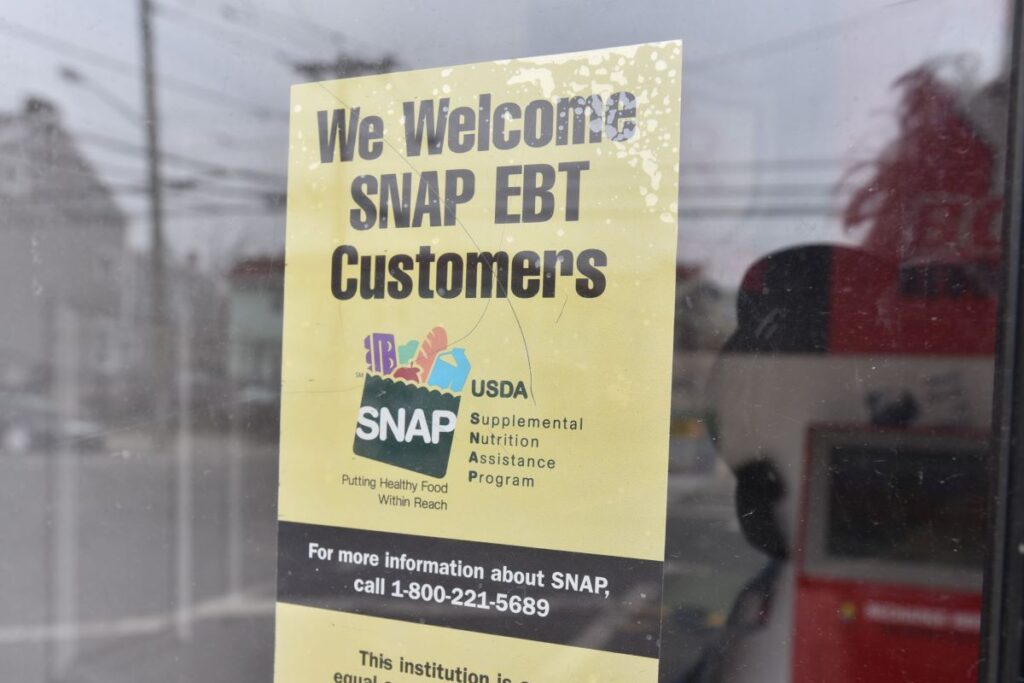Your supermarket’s employees have busy schedules. You want to give them shifts that make sense so that everyone can balance their work and everyday lives. When something comes up and an employee can’t come in, you want to have backup options. Managing your staff’s schedule takes a lot of work, but it becomes easier when you know what to do. These tips for supermarket employee scheduling will help you respect everyone’s time and give you more time to grow your business.
Creating an Employee Schedule
Let’s start from the beginning. You need to account for many factors when you create your schedule to make the rest of the scheduling process simple. Use these strategies to build an effective schedule:- Plan at least two weeks ahead: Many employees who work by the hour have school, second jobs and other obligations. When you share your schedule two weeks in advance, you respect your staff’s time. They can let you know if they can’t cover a shift with plenty of time for you to find a replacement.
- Make an employee list: Keep track of your employees’ available times, skills and full- or part-time status with a list. You can check it as you create your schedule to see where your team members fit best. When you get to know an employee’s work style, you can note what situations they handle the best.
- Schedule around your team members’ strengths: Once you have a good idea of the times your employees thrive, try to schedule them for shifts that fit their skills. For example, a team member who stays calm under pressure could work during busy times. Remember to balance each employee’s schedule so that they have easy shifts in addition to challenging ones.
- Add more slots to busier times: Take note of your busy days and times, and schedule more team members during those periods. Your employees will appreciate having a manageable workload.
Communicating Your Schedule to Your Staff
After you create your schedule, you need to distribute it to your employees. The way you communicate your schedule matters as much as the schedule itself. Make sure everyone has the same understanding using the following approaches:- Think beyond paper: Many employers publish their schedules by printing them on paper and posting them on the wall. Now that we have so many digital tools to use, we can try different strategies to help employees remember. Putting your schedule in a safe place on the internet lets your team access it anytime and anywhere. You can also text it to your employees if they all have cell phones.
- Set scheduling rules: Does your supermarket have official scheduling rules? These rules include overtime, seniority and holiday procedures. Make them easy to access so that your employees understand why they have a shift and how they can request a change.
- Get feedback: If your employees forget their schedules or can’t find them, ask them why. They may need extra coaching, or you might have to change your scheduling system. Remember to frame the conversation as asking for help, not giving discipline.
Adding Flexibility
Life brings us something new every day, and sometimes those events get in the way of a schedule. When you set up a proactive scheduling system, you need to take changes into account before they happen. Use these planning methods to ensure you always have coverage:- Keep track of availability: Create a separate chart of everyone’s available times for you to check when someone calls off. Ask your employees to update their availability on a regular basis.
- Note your employees’ other obligations: Do you have employees with children? How about team members who go to school? Staff members who have second jobs? Learn what factors could cause an employee to call off so that you know when you might need coverage.
- Cross-train staff members: When busy time comes around or you lack coverage, a staff member who knows how to do more than one job can help. Teach your ambitious employees how to do multiple job functions so that they can fill in as needed.
Managing Call-Offs and No-Shows
In some cases, an employee has to call off at the last minute or doesn’t come into work. These situations can become difficult for newer managers to handle because they don’t have experience with last-minute changes. The following techniques will reduce your need for late coverage and help you manage scheduling issues:- Create an official procedure: Supermarket owners who also manage their staff can add an absence process to their employee handbook. Establish when a team member needs to provide a doctor’s note, how far ahead they can call off work and other regulations. These policies will guide your decisions when someone calls off or doesn’t show up.
- Encourage proactive coverage: If a team member needs to call off, encourage them to contact their coworkers to find a substitute. Many businesses use this strategy to lighten the manager’s workload. Do your part by making a group text or chat where employees can ask for coverage.
- Identify schedule abuse: In most cases, employees call off for legitimate reasons. They get sick or something comes up. However, certain staff members call off to get out of work or switch to better shifts. This scheduling abuse happens in patterns. Talk to your employee before you decide to discipline them — they might have a legitimate reason that you didn’t think of.








